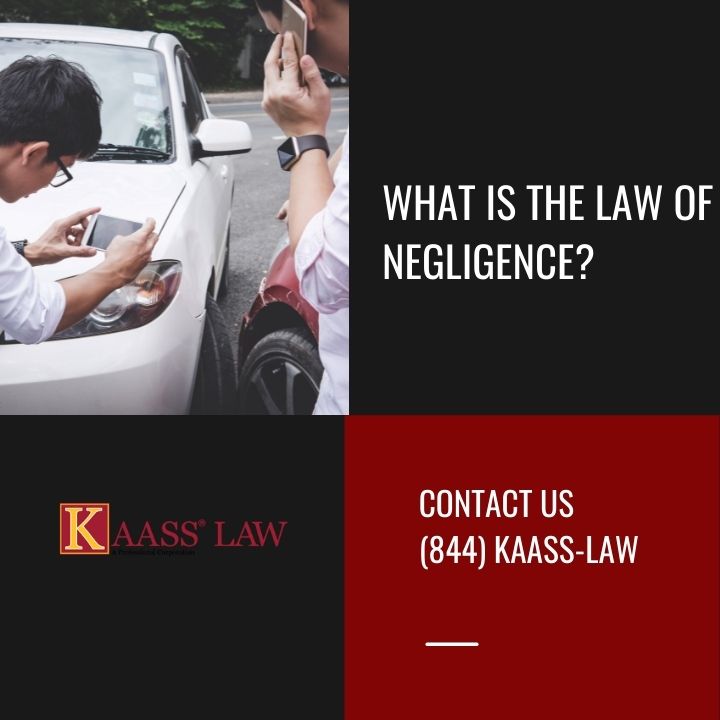What is the California Legal Definition of Negligence?
Ordinary negligence is defined by California law as the failure to employ reasonable care to avoid harm to oneself or others. For example, if a business had their floors mopped, making them wet, and they failed to put up a “wet floor” sign, leading someone to slip, the business is liable. A person may be considered negligent if they do something in a circumstance that a reasonably careful person would not do.
What is Duty of Care?
People have a “duty of care” to others under California personal injury law. Teachers and childcare centers, for example, have a legal duty to look after children who have been left in their care. Drivers have a duty to follow traffic laws in order to avoid creating an unreasonably high risk of automobile accidents or pedestrian collisions.
Depending on the nature or circumstances of a situation, determines whether a duty of care is owed along with what duty is owed.
How can a Person Benefit from a Negligence Claim?
A plaintiff must generally establish three factors in order to receive damages in a personal injury case in California:
- The defendant had a duty of care to the plaintiff
- The defendant breached that duty via negligence
- The defendant’s fault was a material factor in producing the harm
If all three factors have been met, a person can apply for the legal principle of res ipsa loquitur, which is latin for “the thing speaks for itself”. The legal principle of res ipsa loquitur states, the facts and circumstances surrounding an accident which allow the court to conclude carelessness has occurred. When a defendant had sole control over the tools that caused the injury, a court will presume that he was negligent.
What are Some Types of Negligence Claims?
Three examples of claims of Negligence would be as follows:
- Negligent Entrustment of a Motor Vehicle
- Negligent Hiring, Supervision or Retention
- Negligent infliction of emotional distress
What is Negligent Entrustment of a Motor Vehicle?
If an owner of cars, trucks, or motorcycles that allow an incompetent, reckless, or inexperienced driver to operate their vehicle are liable under negligent entrustment law. If that person causes an accident, the vehicle’s owner may be held responsible for damages. If an injured plaintiff can show that the driver’s negligence or ignorance caused the harm, the owner of the vehicle may be held accountable.
What is Negligent Hiring, Supervision or Retention?
The California law states, when an employer knew or should have known that an employee was a risk to others, thus California law makes the employer accountable for the employee’s negligence, recklessness, or willful unlawful acts. If an employer knows or has reason to know that an hired employee is incapable or unsuitable to perform the tasks required of the job, the employer may be liable for harm caused by that employee.
What is Negligent Infliction of Emotional Distress?
Under California law, someone who was either a direct victim of another’s wrongful act or a spectator who observed an injury to a close relative can sue for emotional distress damages. Damages that may be covered would include medical bills, psychological counseling bills, lost wages, along with pain and suffering.
Have more Questions about Filing for Negligence?
Feel free to give KAASS LAW a call to get the compensation you need for your employment matters. To reach our office line, dial 310.943.1171 to book a consultation.


Pingback:How to File a Lawsuit for an Electrocution? - KAASS LAW